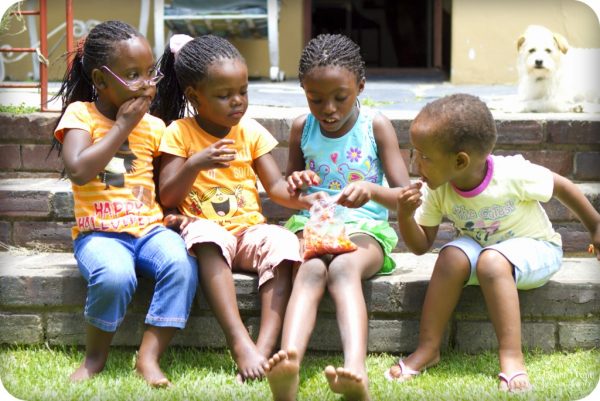There are times when my child says or does something and I’d be like “where did he get that from?”. I start the elimination process – Definitely not from home, not school/teachers. Of course, I know myself and I know my child’s school and teachers. So usually I’m left with friends or TV. Children spend a lot of times with their friends either in school or at home.
Knowing your child’s friends will definitely provide insight into the morals and values that are influencing your son or daughter (positively or negatively). Also, getting to know your child’s friends, will help you learn a lot about your own daughter or son as well. Kids choose friends for specific reasons, and it can be insightful to explore what those reasons are. It could be loneliness, or an attitude projected by the friend, or the lifestyle that he/she enjoys, or the things the child can do (like sports, dance, academics, etc). For whatever reasons meanwhile, it is important to know your child’s friends as it helps you to make necessary amendment when you need to.
These are few steps to help you get to know your kids’ friends.
Get to know your child’s Friends.
Ask about your child’s friends, find out what they and your child do together. Try associating with them, get to know their names, where they come from, the kind of family they are from and who the parents are. Seize opportunities to meet and interact with them during birthday parties, school events, school drop off/pickups.
Let your child know that friends are welcome in your home.
Let your kids know their friends are welcome but have some “house rules” with your child prior to the visit. Let your child, the friend, and the friend’s family know that an adult will be there with them and ultimately know what’s going on by seeing, hearing, and talking with them about what they are doing.
Never embarrass your kids in front of their friends. Doing so will lessen the likelihood that your kids will want to have their friends hang out when you are around.
Make your home inviting for hanging out
Make your home “kid-friendly” where your kids and their friends can hang out. This way, as a parent, you can pop in periodically, have some interaction with the group. Also make sure you always have some “fun food” on hand when your kids bring their friends around.
Get to know other parents.
Make time to meet with the parents, this helps you to determine whether you want your child to move too close to a particular parent’s kids. From relating with other parents, you get to understand their lifestyles and values. Talk with them on the phone, meet them at neighbourhood or school events.
Have rules for when you child hangs out at their friend’s
Do not let your child go to a friend’s house if you do not trust the parents. Be sure your child knows how to contact you in case of an emergency
Get involved in your school, church, and/or athletic you get more involved, you’ll be better positioned to identify, connect with, and channel the positive influences in your child’s environment. If your child is on a soccer team, for example, you may meet one or more families whose company you enjoy and whom you respect and admire. Be intentional about reaching out to them with invitations to socialize as families so that your child can have more exposure to these positive influences.
Communication
Agree on rules, like curfew time, and enforce the agreed-upon consequences when a rule is broken.
Know where and with whom your child is spending time.


